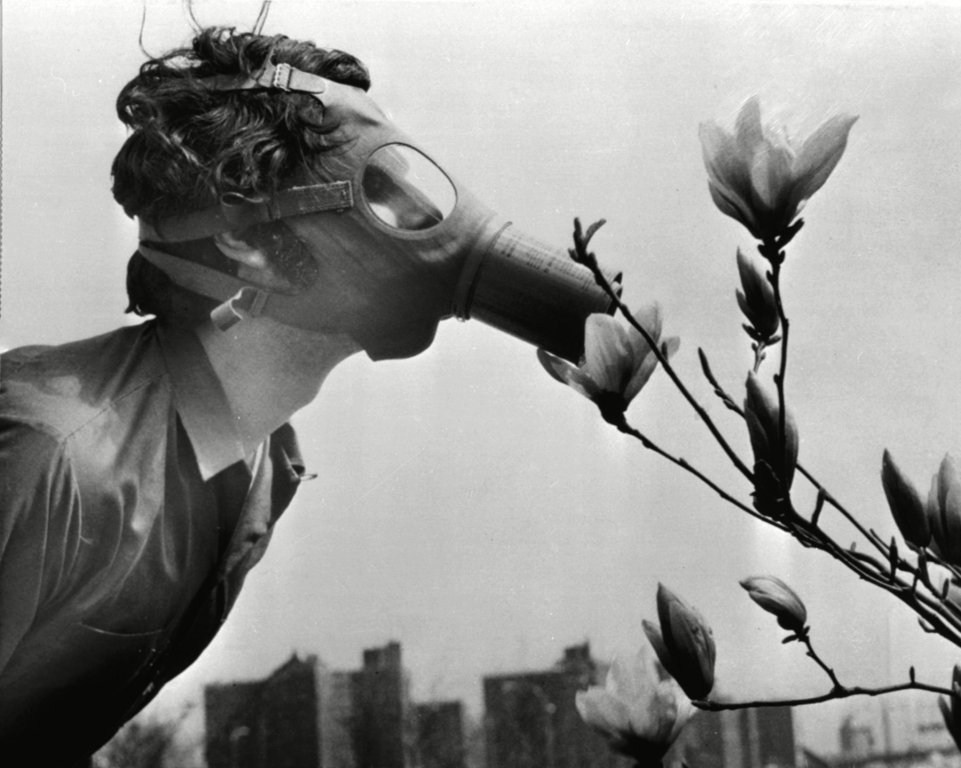By Simon Pirani
The borough of Greenwich, south east London, plans to cut car traffic by 45% by 2030 – but even that will produce less than half the greenhouse gas emissions reductions that climate scientists say are needed.
The proposal to cut back traffic is a good start to a conversation about transforming urban transport, I argued this week in a response to the council’s draft Transport Strategy. But only a start. (Download the full response here.)

Better still would be to set carbon budgets – limits on the amount of greenhouse gases that can be emitted during specific time periods – and use them as a framework for transport and other policies.
Such budgets can concentrate minds on policies to improve people’s lives, while contributing to tackling climate change at the same time. Better, cheaper public transport and support for non-car ways of travelling, e.g. bikes and walking, all help.
Transport is the second-biggest cause of greenhouse gas emissions in Greenwich; heat, electricity and cooking fuel for homes and other buildings is the first.
In 2019, Greenwich was one of many local authorities that declared a “climate emergency” in response to school pupils’ strikes demanding action on climate, and Extinction Rebellion’s direct action campaign. Even the UK parliament claimed to recognise this emergency.
Read the rest of this entry »


 Posted by peoplenature123
Posted by peoplenature123 

